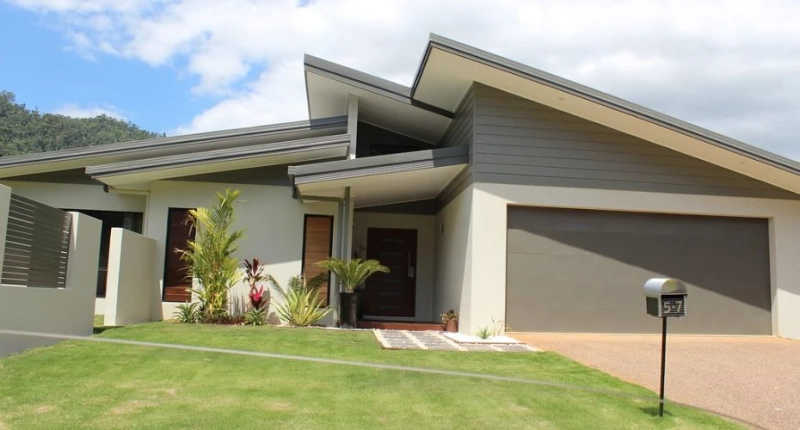Investing in National Disability Insurance Scheme (NDIS) housing can be a lucrative opportunity if you know how to navigate the market. With the right strategies, you can maximize your returns while providing essential housing for individuals with disabilities. This ultimate guide will walk you through everything you need to know about NDIS house investment, from understanding the basics to optimizing your investment for the best returns.
Understanding NDIS House Investment
The NDIS is an Australian government initiative designed to provide support to individuals with disabilities. One of the critical components of the NDIS is the provision of Specialist Disability Accommodation (SDA). Investing in SDA properties can offer high rental yields and long-term financial stability due to the consistent demand for accessible housing.
Benefits of NDIS House Investment
- High Rental Yields: NDIS properties often command higher rental rates due to their specialized nature.
- Government Backing: The NDIS is supported by the government, ensuring a stable and secure investment.
- Positive Social Impact: Providing housing for individuals with disabilities is not only profitable but also contributes positively to society.
- Long-term Leases: Tenants often sign longer leases, providing greater financial security.
Steps to Maximize Your NDIS House Investment
1. Research the Market
Before investing, thoroughly research the NDIS property market. Understand the demand in different regions, the types of accommodations needed, and the specific requirements for SDA properties.
2. Choose the Right Property
Selecting the right property is crucial. Ensure the property meets SDA standards and is located in an area with high demand for disability housing. Look for properties that offer unique features or amenities that cater to individuals with disabilities.
3. Understand the SDA Funding
SDA funding is provided to eligible NDIS participants to cover the cost of their accommodation. Familiarize yourself with the different levels of SDA funding and how they affect rental income. There are several categories of SDA funding based on the level of support needed, including Improved Liveability, Fully Accessible, Robust, and High Physical Support.
4. Work with Experienced Professionals
Engage with professionals who have experience in the NDIS property market. This includes real estate agents, property managers, and financial advisors who understand the intricacies of NDIS housing.
5. Optimize Property Management
Effective property management is essential for maximizing returns. Ensure your property manager is well-versed in handling SDA properties and can address the unique needs of tenants.
Legal and Financial Considerations
Legal Requirements
Ensure your property complies with all legal requirements for SDA housing. This includes building codes, accessibility standards, and other regulations. Regularly review and update your property to maintain compliance.
Financial Planning
Develop a comprehensive financial plan that includes all costs associated with the investment, such as purchase price, renovations, maintenance, and management fees. Consider the potential rental income and government subsidies when calculating your returns.
Marketing Your NDIS Property
Effective marketing is key to attracting the right tenants. Highlight the features and benefits of your property that cater to individuals with disabilities. Use various channels such as online listings, social media, and partnerships with disability organizations to reach potential tenants.
Frequently Asked Questions (FAQs)
Q1: What is NDIS house investment?
A1: NDIS house investment involves purchasing and renting out properties that meet the requirements of the National Disability Insurance Scheme\'s Specialist Disability Accommodation program.
Q2: How do I qualify for SDA funding?
A2: SDA funding is provided to NDIS participants who require specialized housing. Investors do not need to qualify; instead, they need to ensure their property meets the SDA standards.
Q3: Are NDIS properties a good investment?
A3: Yes, NDIS properties can be a good investment due to high rental yields, government backing, and long-term leases.
Q4: What are the risks associated with NDIS house investment?
A4: Risks include potential changes in government policies, high initial investment costs, and the need for ongoing compliance with regulations.
Q5: How can I find the right property for NDIS investment?
A5: Research the market, understand the demand in different areas, and consult with professionals experienced in NDIS properties.
Conclusion
Investing in NDIS housing can be a rewarding venture, both financially and socially. By understanding the market, choosing the right property, and managing it effectively, you can maximize your returns while contributing to the well-being of individuals with disabilities. Stay informed, seek professional advice, and take proactive steps to ensure your investment thrives.



